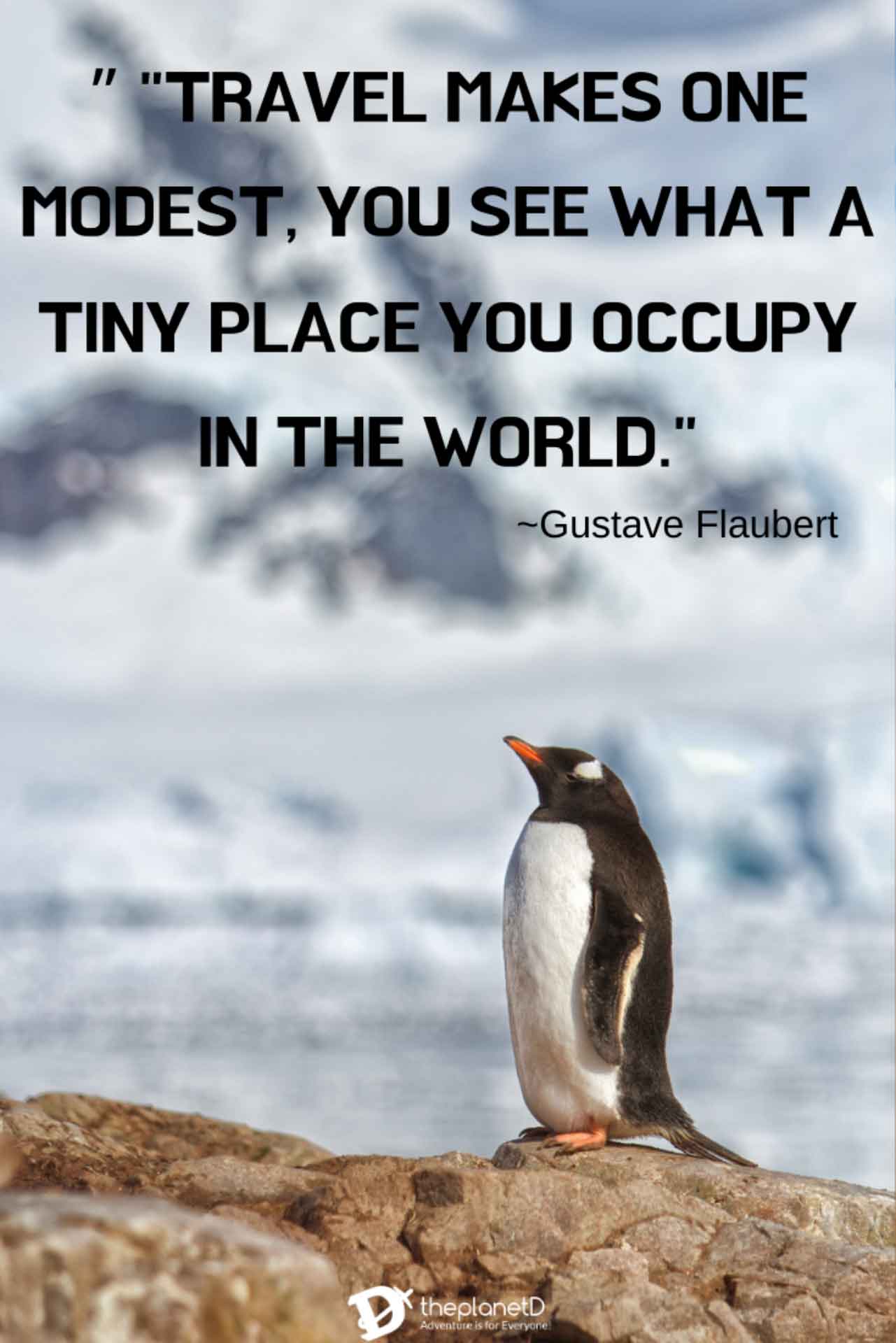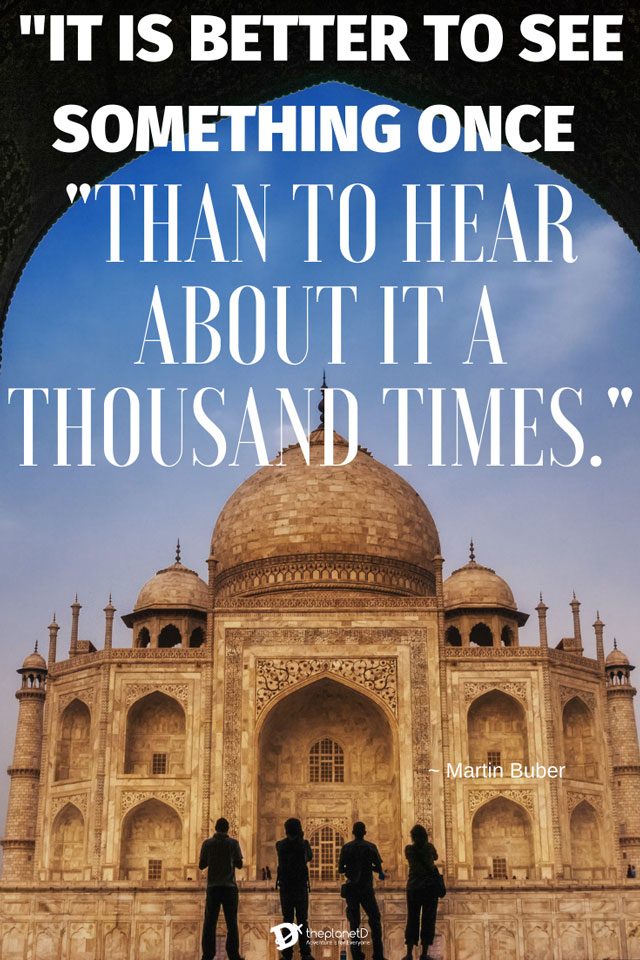Today is Valentine’s Day. It is a day when candy, flowers, and gifts are exchanged between loved ones.
One source, attributed to the Greeting Card Association, estimates that 1 billion Valentine’s Day cards are sent each year, making Valentine’s Day the second largest card-sending holiday of the year. (An estimated 2.6 billion cards are sent for Christmas.)
The origin of this holiday and its theme of romance is not clear and there is much mystery about its patron saint St. Valentine. Theories include aspects of early Christianity, ancient Roman tradition, and customs of Victorian England.
The Catholic Church recognizes at least three different saints named Valentine or Valentinus, all of whom were martyred. One legend contends that Valentine was a priest who served during the third century in Rome. When Emperor Claudius II decided that single men made better soldiers than those with wives and families, he outlawed marriage for young men. Valentine, realizing the injustice of the decree, defied Claudius and continued to perform marriages for young lovers in secret. When Valentine’s actions were discovered, Claudius ordered that he be put to death. (https://www.history.com)
Other stories suggest that Valentine may have been killed for attempting to help Christians escape harsh Roman prisons, where they were often beaten and tortured.
According to one legend, an imprisoned Valentine actually sent the first “valentine” greeting himself after he fell in love with a young girl–possibly his jailor’s daughter–who visited him during his confinement. Before his death, it is alleged that he wrote her a letter signed “From your Valentine,” an expression that is still in use today. By the Middle Ages Valentine had become one of the most popular saints in England and France.
It has also been suggested that in the 5th century when Pope Gelasius declared February 14 St. Valentine’s feast day it was an effort of the Church to “Christianize” the pagan celebration of Lupercalia which was celebrated on February 15. Lupercalia was a fertility festival dedicated to the Roman god of agriculture, and to the Roman founders Romulus and Remus.
It was not until the Middle Ages that Valentine’s Day became definitively associated with love. In those days it was commonly believed in France and England that February 14 was the beginning of birds’ mating season, which added to the idea that the middle of Valentine’s Day should be a day for romance.
Although Valentine greetings were popular as far back as the Middle Ages, written Valentines didn’t begin to appear until after 1400. The oldest known valentine still in existence today is believed to be a poem written in 1415 by Charles, Duke of Orleans, to his wife while he was imprisoned in the Tower of London.
Whatever the origin of Valentine’s Day and no matter what customs or traditions are followed, it is a good thing to focus on the most powerful force in the universe. Reeva Steenkamp said, “I’ve realized that although Valentine’s Day can be a cheesy money-making stint to most people, it’s a day of expressing love across the world. It doesn’t have to only be between lovers, but by telling a friend that you care, or even an old person that they are still appreciated.”
So on this Valentine’s Day “let’s love each other, because love is from God, and everyone who loves is born from God and knows God.” (I John 4:7 CEB)
Jamie Jenkins






